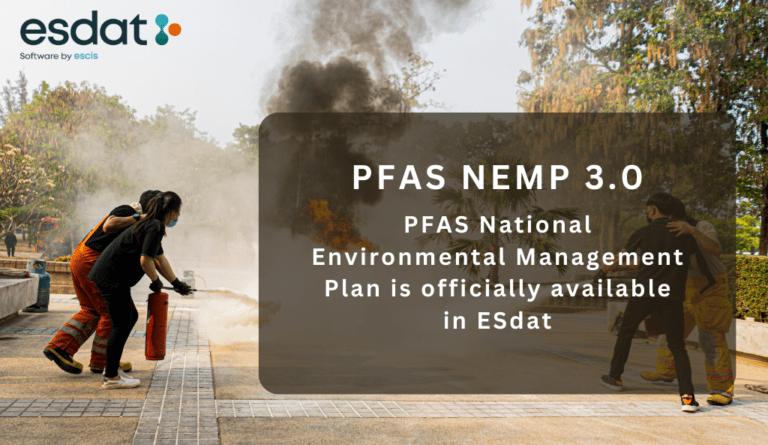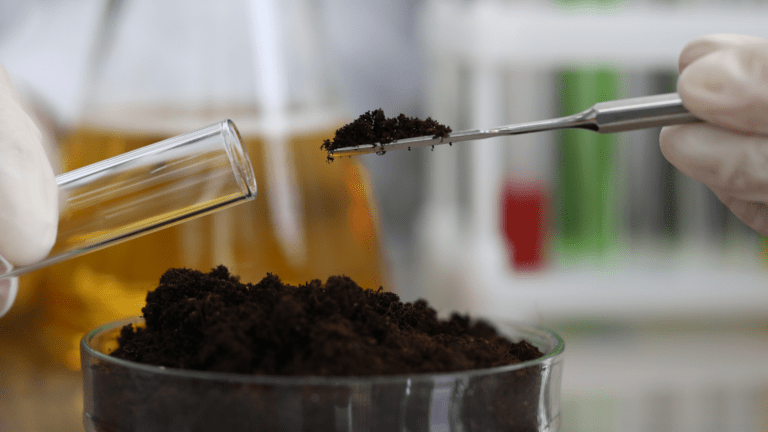The availability of safe drinking water is an essential requirement for all New Zealanders, irrespective of their status. The NZ Drinking Water Standards, as set by the Ministry of Health, provide requirements for drinking water safety by stipulating; (1) maximum amounts of substances or organisms or contaminants or residues that may be present in drinking-water, (2) criteria for demonstrating compliance with the Standards, (3) remedial action to be taken in the event of non-compliance with the different aspects of the Standards (Ministry of Health, 2018).
The standards as set by the Ministry of Health, contain broad information for owners and operators to assist in the management of public and private drinking-water suppliers. Moreover, the standard now requires routine monitoring of total coliforms; and enumeration testing for E.coli and total coliforms (Ministry of Health, 2018).
Further information can be found on the esdat.net website for:
NZ Drinking Water Standards
Module 5 – Tier 1 Groundwater Acceptance Criteria
Module 4 – Tier 1 Soil Screening Criteria
Note:
- These Drinking-Water Standards for New Zealand was set by the Ministry of Health
- These standards have been set to protect the health and safety of people and communities by promoting adequate supplies of potable and wholesome drinking water from all drinking-water supplies.
- These standards are needed because they ensure the drinking water is free from contamination.

A fantastic resource is available on the environmental standards page of the esdat.net website to search and use environmental standards and guidelines. Environmental Standards are available for air, water and soil for the United States, Canada, Australia, New Zealand, United Kingdom, Holland and from the World Health Organization.
Reference
Ministry of Health. (2018). Drinking-water Standards for New Zealand 2005 (revised 2018). Wellington: Ministry of Health. Retrieved from https://www.health.govt.nz/system/files/documents/publications/dwsnz-2005-revised-mar2019.pdf






